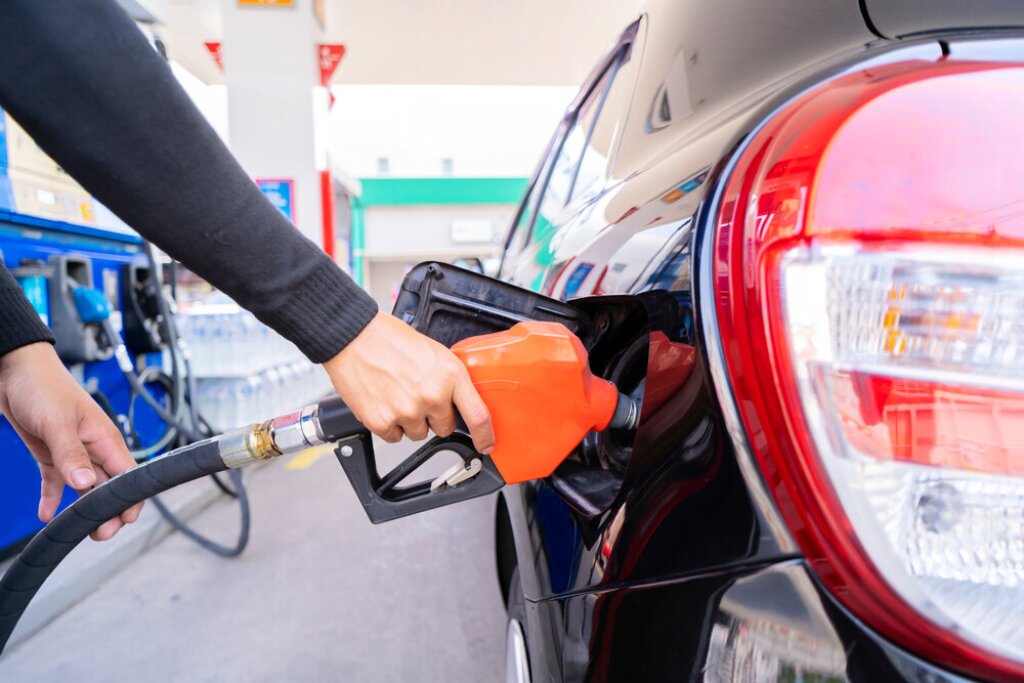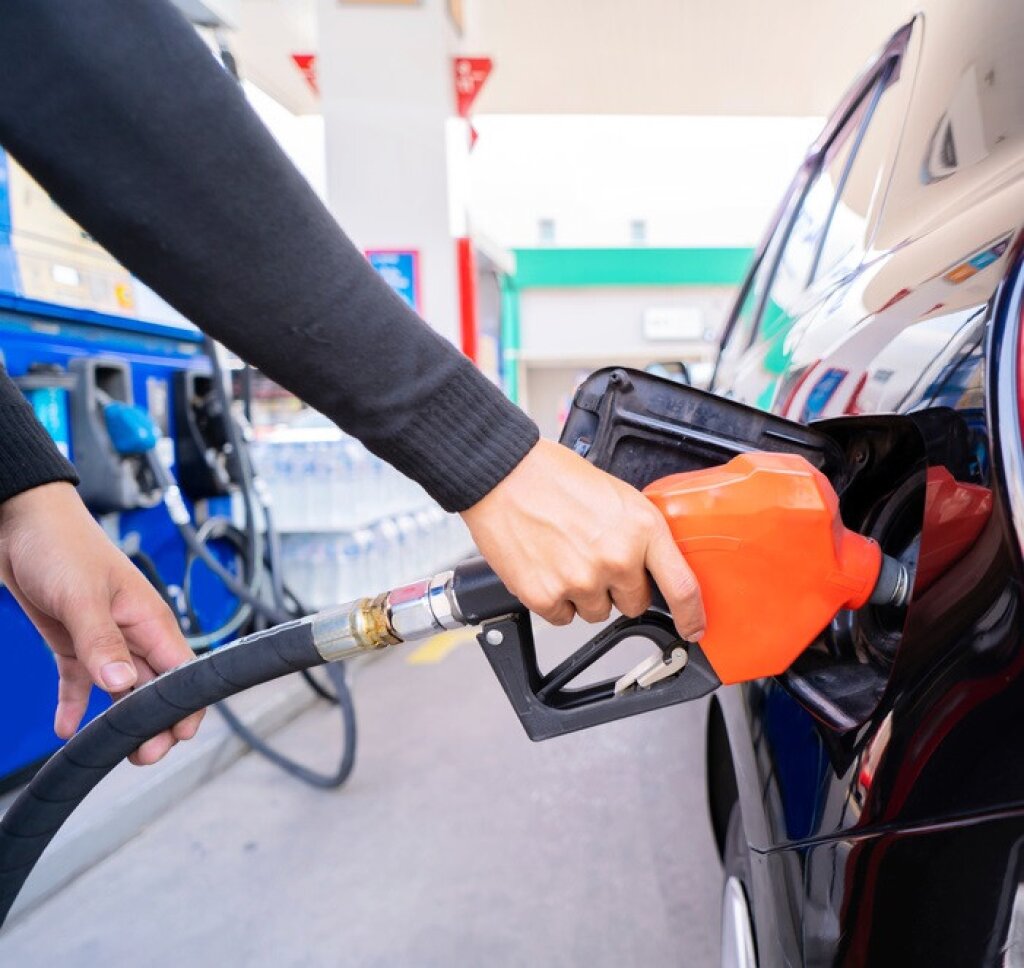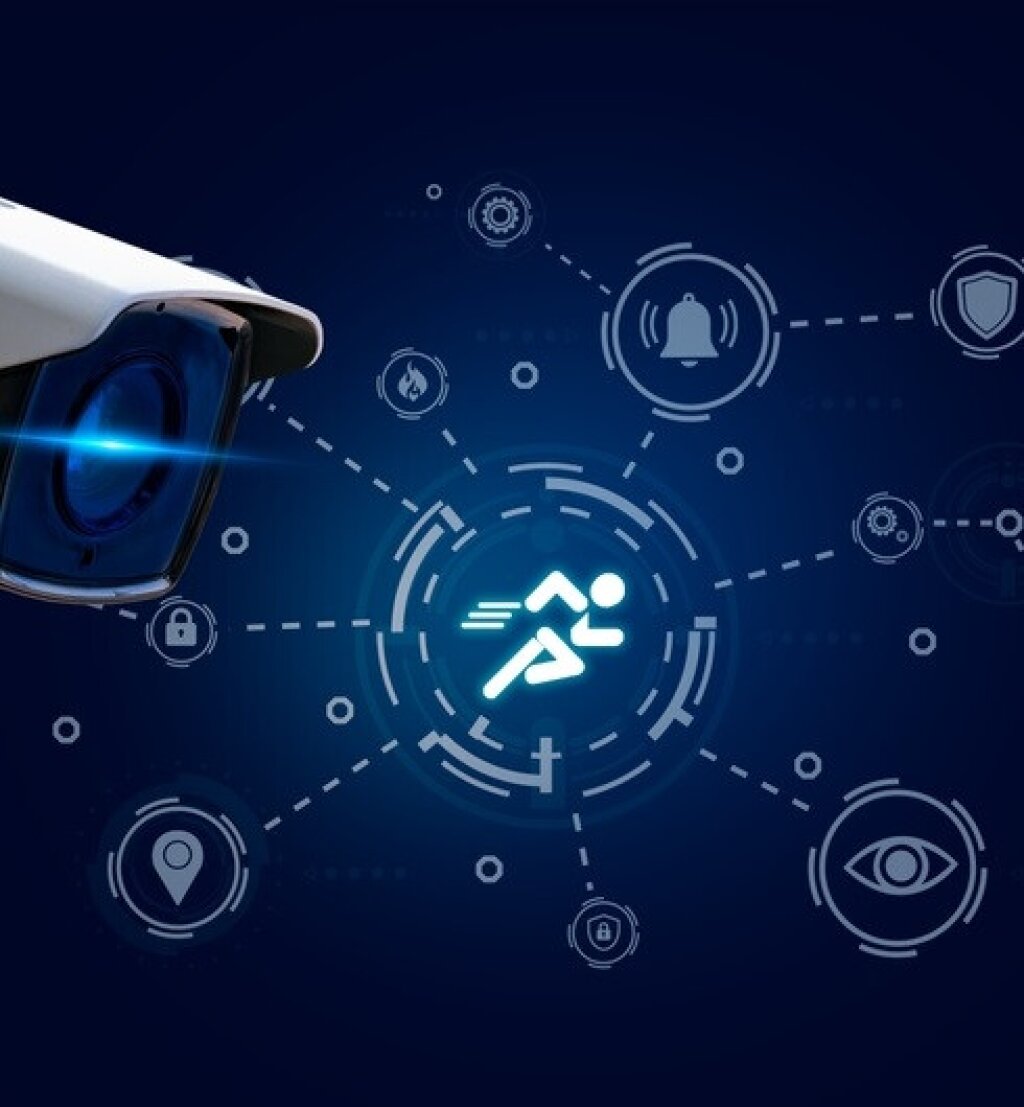Are you looking for a solution to redact video footage?
Get in touch now to find out more abut Facit's Video Redaction software.

Petrol stations and security camera redaction
In this article, we look at how petrol stations have been increasingly targeted by criminals. In turn, station operators have deployed security cameras to detect in-store crimes and fuel theft. To remain compliant and extract maximum value from video evidence, petrol stations need video redaction software.
Petrol station crime is increasing
Petrol station crime is a growing concern in many countries. Criminals are targeting petrol stations owing to their perceived lack of security and easy access to cash.
Petrol station owners are taking measures to protect staff, customers and products by implementing technology such as security cameras, motion sensors and automatic locking systems. Additionally, operators are encouraging customers to be aware of the potential risks when visiting petrol stations.
However, criminals are using methods to avoid detection, such as false license plates and disguises. Criminals are also taking advantage of petrol stations in vulnerable locations near major highways.
Over the past few years, operators have attempted to create a culture of security at petrol stations.
Measures include installing security cameras and lighting, training employees to be alert, and providing resources for customers who may feel unsafe.

Fuel theft at petrol stations increases by 77%
Despite the best efforts of operators, fuel theft is on the rise. The theft of petrol and diesel from garage forecourts has risen dramatically, official data suggests.
In a response to a Freedom of Information request made by the RAC Foundation, the DVLA reveals that in the third quarter of 2023, it received 39,563 requests for vehicle keeper data in relation to fuel theft.
The figure is 77% higher than the 22,335 requests received in the same quarter in 2022.
It is 362% higher than the 8,558 requests the DVLA dealt with in the same quarter in 2019, before the Covid pandemic.
The majority of these thefts are likely to be related to ‘drive-offs’ when people fill up their tanks on the forecourt with no intention of paying before they leave.
This practice – also known as ‘bilking’ – is different to ‘no means of payment’ events which include genuine errors when drivers refuel but subsequently realise that they have forgotten their wallets. In such cases, when drivers inform forecourt staff, they are given time to pay what they owe.
Steve Gooding, director of the RAC Foundation, said:
“Amongst all the recent media attention given to the epidemic of shoplifting it should probably come as no surprise to find that the theft of petrol and diesel from forecourts looks to be a big and growing problem, and these figures might only hint at a much bigger issue.
“While it may be that the cost-of-living crisis is tempting some people to risk driving off without paying, the real headache for fuel suppliers is if this is a sign of more systematic criminal activity.”
Why petrol stations need security cameras
Security cameras were relatively scarce in petrol stations years ago when petrol was relatively inexpensive. However, with high-priced petrol and cost-of-living pressures, petrol stations have become increasingly vulnerable places.
Petrol station owners have turned to technology to deter and detect robberies and keep their staff secure with video surveillance.
Changes in surveillance practices have resulted in petrol stations watching more than the pump area. In-store crimes account for a lot of losses at petrol stations. Operators can see exactly who is in and around the store at any given time.
CCTV surveillance helps operators to protect retail stock, keep staff safe and reduce theft at the petrol pumps.
To ensure that innocent bystanders are protected, governments have passed data privacy acts to prevent data being misused.
All surveillance footage needs to be handled with care. When sharing footage with third parties, such as the police, insurance firms and the courts, videos must be redacted to protect consumers’ privacy.
Why petrol stations need redaction software
Surveillance equipment is crucial for security. However, concerns arise about what happens to the information after it is recorded. Who has access to content? Where is it kept? How long is it kept for? How does the operator ensure the safety of its customers and confidential information?
Petrol station owners must establish policies and guidelines and employ specific redaction tools and techniques to safeguard customers' privacy whenever it is shared.
Redacting petrol station surveillance video
The most effective way to comply with data privacy regulations is to redact personal data before the footage leave the operator’s secure working environment.
Redaction of petrol station CCTV footage typically involves several steps to ensure privacy and security compliance. Here is a detailed guide:
Understand legal requirements
Local laws and regulations: Different regions have specific laws regarding CCTV footage, especially concerning privacy.
Compliance: Ensure compliance with GDPR, CCPA or other relevant data protection regulations.
Collect necessary tools
Redaction tools: Specialised software can automate and simplify the redaction process to enable petrol station operators to generate compliant evidence quickly.
Identify redaction needs to remove all personally identifiable information
Faces: Blur or pixelate faces to protect the identities of individuals.
License plates: Redact vehicle license plates to ensure privacy.
Other sensitive information: Blur any other identifying features or sensitive data visible in the footage.
Processing footage
Import video: Load the CCTV footage into the chosen software.
Check consistency: Ensure that redaction is consistent throughout the video to avoid missing any sensitive information.
Export and review
Export video: Save the redacted video in the required format.
Review: Review the redacted video to ensure all sensitive information is adequately covered.
Secure storage and distribution
Encrypt and secure: Store redacted footage securely, preferably with encryption.
Control access: Limit access to the footage to authorised personnel only.
Petrol station security cameras: Summary
Redacting petrol station CCTV footage is a critical task to protect privacy. By using appropriate software and following a structured process, you can ensure that sensitive information is adequately covered while maintaining the integrity and utility of the footage.
Choosing the right redaction software
Organisations that capture video footage of consumers must comply with laws that require personal data to be redacted.
Facit’s Identity Cloak is ideal for petrol station operators, as it:
Reduces the risk of fines for non-compliance
Processes large data volumes and redacts people, objects and vehicles in minutes
Requires no technical expertise to operate
Has a tiered licence structure to meet the operator’s needs
Facit can help you with your video redaction needs in live streams and recorded streams, video files and audio files.
Related articles



